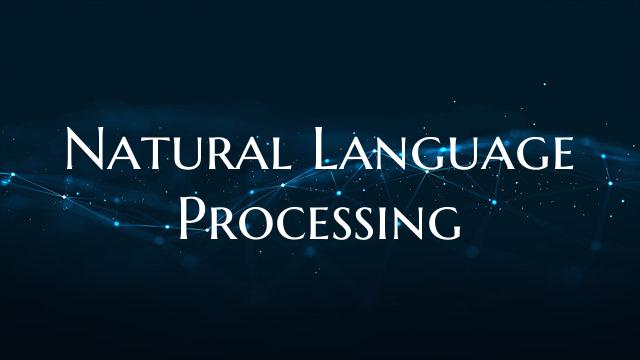Natural Language Processing
Natural Language Processing (NLP) is a branch of artificial intelligence that focuses on the interaction between computers and humans using natural language. It deals with the processing and analysis of large amounts of natural language data to enable machines to understand, interpret, and generate human language.
NLP techniques enable machines to comprehend, interpret, and respond to human language in a way that is closer to how humans communicate. This involves tasks such as speech recognition, natural language understanding, natural language generation, and machine translation.
One of the key challenges in NLP is the ambiguity and complexity of human language. Words can have multiple meanings, sentences can be structured in various ways, and context plays a crucial role in determining the meaning of a communication. NLP algorithms must be able to handle these nuances to effectively process natural language.
Applications of NLP are diverse and widespread, ranging from email filtering and sentiment analysis to virtual assistants and language translation services. NLP is constantly evolving, with researchers and developers working on improving algorithms and techniques to enhance the capabilities of machines in understanding and generating human language.
In summary, Natural Language Processing is a fascinating field that bridges the gap between human language and machines, enabling computers to interact with humans in a more natural and meaningful way. Its applications have the potential to revolutionize various industries and improve the efficiency of communication between humans and machines.

